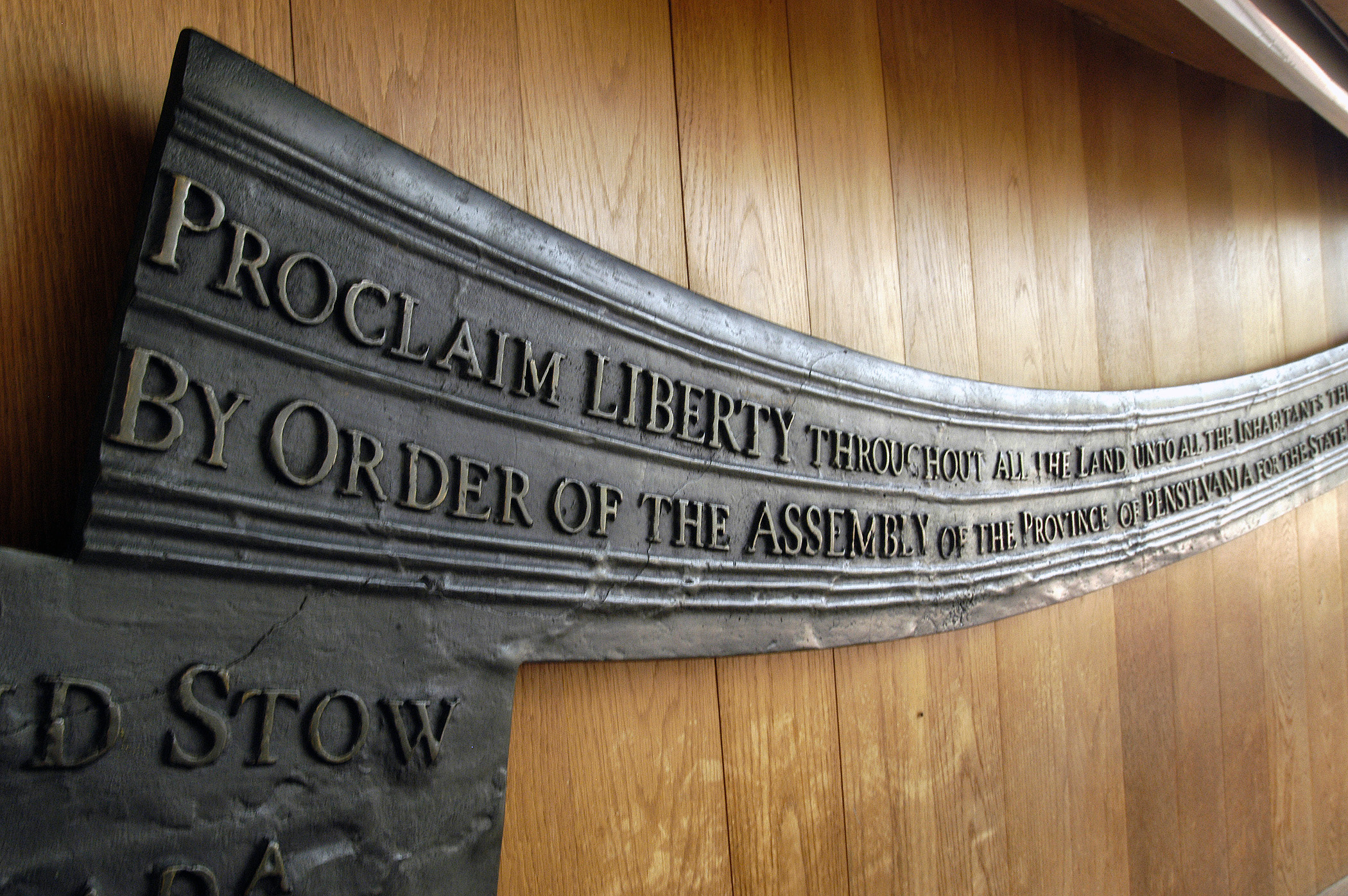I could write all afternoon about what I think a quality teacher is, and at some point, I’m sure I will. At the moment, though, I’d like to share what a group of students at Founders Classical Academy thinks about who they want teaching them. The students are thoughtful, expressive, and interested in learning from adults who care about them. Watch the video below to see if you agree. https://vimeo.com/161932474

In 1972, rock star Alice Cooper produced his anthem “School’s Out.” It appealed to us who grew up in the 70s and 80s laboring under the heavy weight of a rapidly centralizing school system. We enjoyed the song because as Cooper himself related, there are few greater moments to a student than the moment when school ends, whether it is for a day or for good. We all agreed wholeheartedly. It was the closest thing to oppression most of us would know, and we couldn’t wait for it to end. The rock star was focused on the experience of school, but in doing so, he shed a light on a built-in desire: to have say over the daily events of our lives. We had so little of it as students, we eagerly echoed Pink Floyd’s terrible grammar: “We don’t need no education.” Our experience made us all liberty-lovers. If you were to ask the typical student in an average classroom (assuming the students in that classroom aren’t just watching the clock), you will find that they almost universally accept the idea of personal liberty. This doesn’t mean they have no sense of community or responsibility to others, but virtually every one finds it wholly obvious. As they sit there, they want control of their lives. What they don’t realize is how fragile the idea of liberty actually is. Ben Franklin was asked following the Constitutional Convention of 1787 whether they had produced a republic or a monarchy. He is said to have replied, “A republic, if you can keep it.” He knew what most students don’t yet understand (mostly because they live daily under the rule of their parents and of their teachers). Liberty can easily be lost to those who think they know how to run people’s lives better than the individuals themselves. Eric Metaxas has a new book on the topic that is worth a read. In many respects, we’ve lost a generation to the idea that all students should realize the same outcome, that the only way to improve is to go to college and earn a four-year degree. It’s a collectivist tendency that values equality above all else. It is virtue to value equality, but it is also a basic truth that all people have their own interests, talents, and levels of motivation. When we believe too strongly that everyone should move together on a centrally planned educational track to identical goals, we start to lose ourselves a little bit in the march. What we need is for teachers to become partners with students as they work to understand the value of liberty. We need them to teach students how to use it to promote the well-being of everyone in a community while they find their own unique ways of adding value and thinking their own thoughts. It’s too bad Alice Cooper couldn’t imagine something better than school buildings blown to bits. With a focus on thoughtfulness, character, liberty, and innovation, Cooper’s tune could have changed from “School’s out forever” to “School’s now much better.” Fortunately, there’s still time to make this happen.
July is the month we at The Founders Teacher Initiative host our inaugural Summer Institute at the University of Dallas. One of the things I appreciate about the school is that they literally hang virtues from their lamp posts around campus. They do this so that good habits will be front of mind. Greek philosopher Aristotle defined virtue in Ethics as what a good man does. He was trying to advise the people of Athens how to order a free and prosperous society. He concluded that there were certain habits a person could live by that would most promote quality of life for those in his or her community. It was a civic and social ethic that related directly to the well-being of other people. My friends at the Bill of Rights Institute (BRI) have thought a lot about what a good man does. In their Heroes and Villains program for middle and high school students, they create a framework for understanding it and teaching it. They define virtue as universal principles of moral and ethical excellence that lead to a worthwhile life and effective self-government (quality of life and free society), and they use historical narratives to illustrate them. BRI has conveniently identified nine virtues (conveniently because there are nine months in the school year, and dividing it out becomes really easy). Here is their list:
-
- Courage
-
- Humility
-
- Responsibility
-
- Justice
-
- Perseverance
-
- Contribution
-
- Respect
-
- Integrity
-
- Self-governance
Different people have produced varying lists of virtues. We like BRI’s. Ben Franklin had thirteen. He kept a notebook to track how he was doing on each virtue. He included silence on his list. We want our students to engage in ideas, so we left that one off. The intent though, is similar. We need to contemplate, articulate, examine, and practice virtue daily so that students can become good people who instinctively work for the well-being of those around them. At FTI and ResponsiveEd, we believe virtue is an essential part of education. We believe it takes more than a sense of grit to be successful, and it is up to well-equipped teachers to introduce it to today’s students.
Like a number of organizations around the country, we are in the business of finding great teachers. Student populations are growing rapidly; fewer people are entering the teaching profession; and schools are diversifying and changing at a dizzying rate. All of this means we have to be more active in identifying that next great teaching candidate. But as I start to tell people about the Founders Teacher Initiative, I almost immediately am asked the same questions: Aren’t several organizations already doing this? What’s different about you? Why do you call it the Founders Teacher Initiative? Those are great questions. And here’s my answer: First, as the student-aged population in our country grows, we need a LOT of teachers. Even the largest recruiters aren’t finding enough. The more people we have out there making the case for the teaching profession, the more people we’ll convince it’s a good thing to do. Secondly, I believe that free people thrive. I know, at first glance it doesn’t seem like the pragmatic need is in any way related to an aspirational proposition. But until the start of the industrial age, where so much changed in just a few years, these ideas were integrally connected. It gets to the very reason for education. As we’ve recruited teaching candidates, we’ve asked each one this question: What is the purpose of education? Our answer is that education is about learning what it means to be human and building the knowledge necessary to contribute to a free society. This isn’t a new idea. It’s rooted in the founding of our country. To be human, among other things, means to act on behalf of the well-being of ourselves and others, guided by principles that are shared by all people—what C.S. Lewis referred to as the Tao. But the idea of self-governance is fragile. If it is not protected, it will disappear. Samuel Adams (yes, the man now more known for beer than for his contributions as a statesman), believed that “if virtue and knowledge are diffused among the people, they will never be enslaved.” It was a refutation of tyranny. He was saying we don’t need to be subjects. He believed, along with the rest of our Founding Fathers, we could govern ourselves. He also believed education could counterbalance centralized power and oppression. The American people did not need a king because armed with an education and virtue (or as Aristotle describes it in Ethics, ‘what a good man does’), they could order a free society that that was characterized by equality and liberty. If that is true, and I believe it is, then our schools must follow this formula: build knowledge, teach character, and demonstrate the value of freedom. This requires teachers who are trained to promote these ideals. And that is the answer to the third question: Why is it called the Founders Teacher Initiative? This is about promoting the founding ideals of our country. In the Spring of 2016, we recruited our first cohort of 20-30 teachers. We will train them at our Summer Institute held at the University of Dallas in July 2016. When the training is over, they will be placed at charter operator ResponsiveEd’s schools in Dallas, Houston, San Antonio, and Tyler. We are excited about the impact they will have on students academically and for the cause of liberty.
